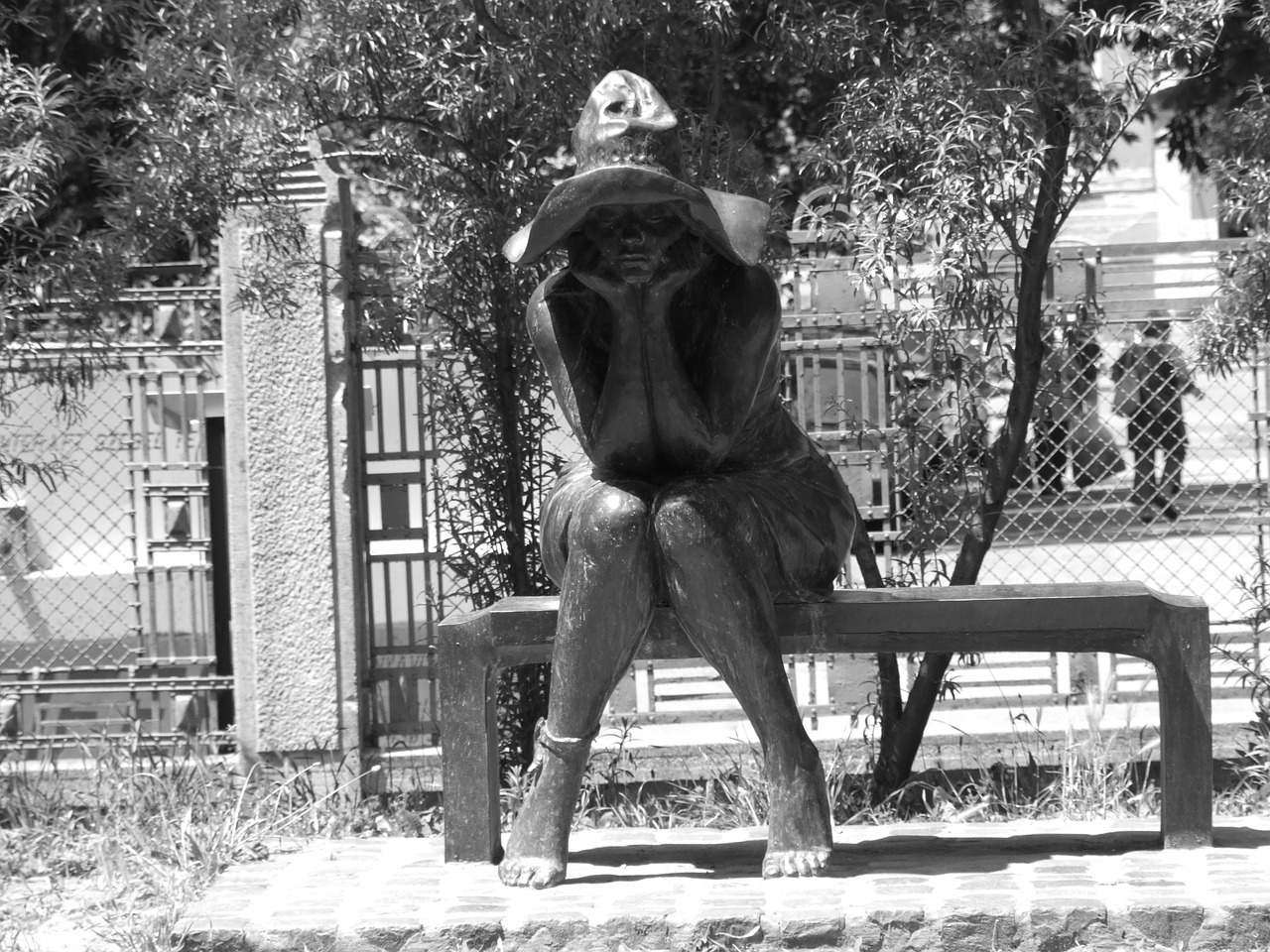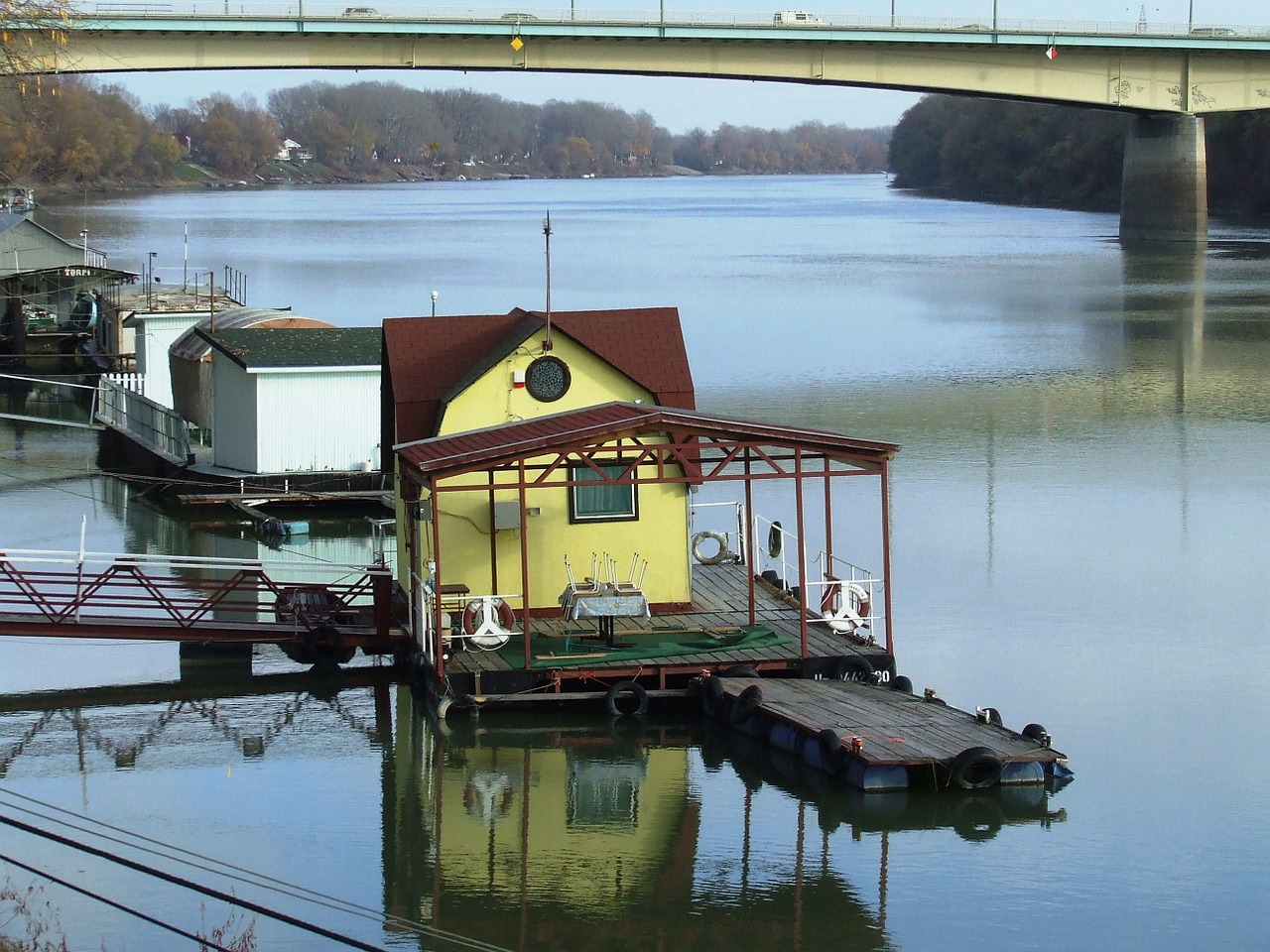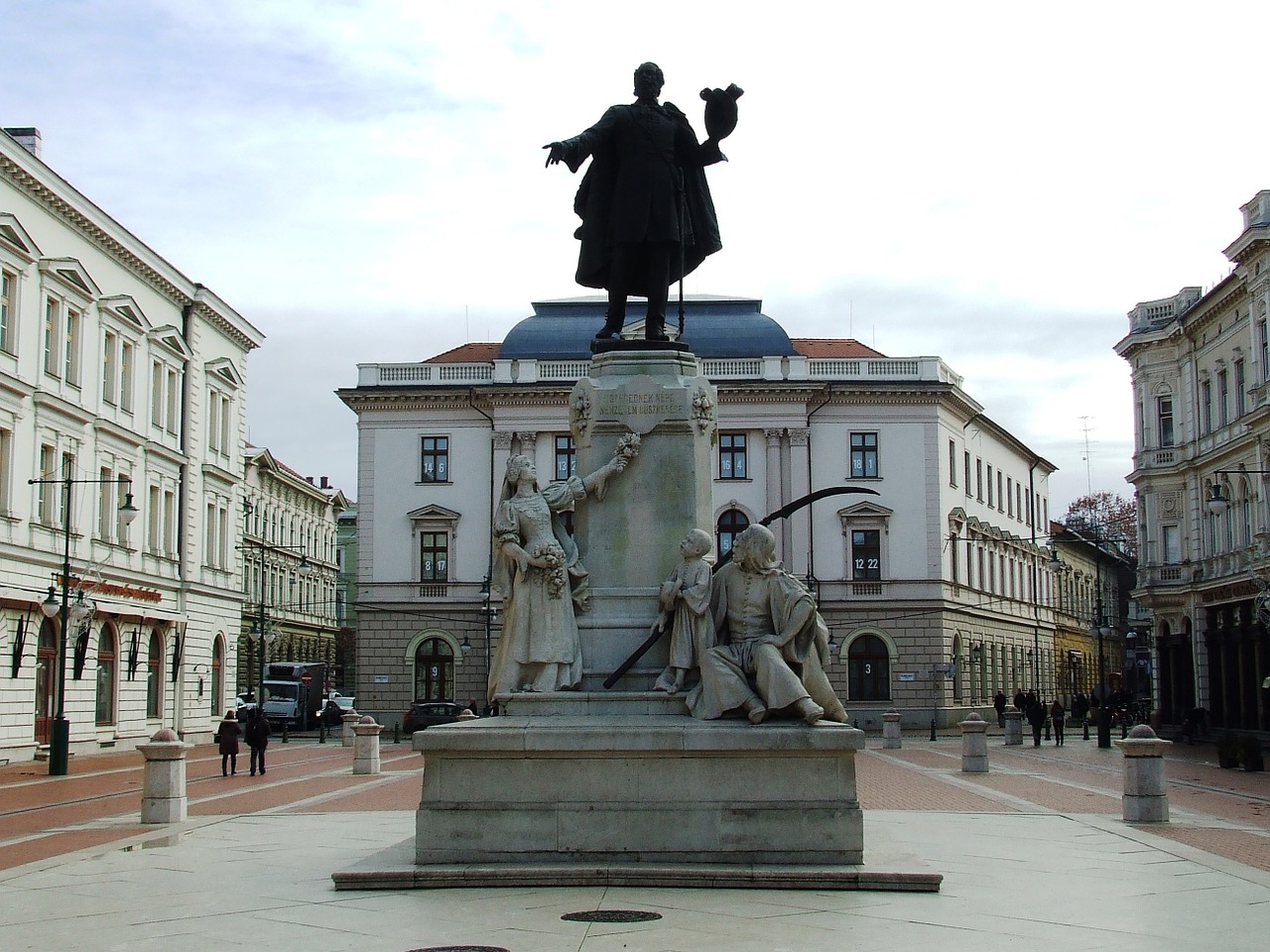Szeged





Szeged is the third largest city of Hungary and the regional centre of the Southern Great Plains. It is divided in two by the river Tisza. The Szeged area has been inhabited since the Neolithic. In the Roman Empire, Partiscum, an important station on the road between Dacia and Pannonia, was founded here. The name Szeged was first mentioned in a royal charter of 1183. It might have come from Hungarian ‘szeg’ (angle), referring to the corner the river Tisza makes with its tributary, the Maros, whilst some say it can be traced back to an archaic sense of ‘szeg’, meaning ‘dark blond’, and it refers to the colour of the water where the Maros joins the Tisza. The city rose to the status of free royal town in 1498. During the Ottoman occupation of Hungary, it was an administrative centre of the Ottoman Empire. After the end of the Ottoman rule, Szeged regained its free royal town status in 1715 and became the seat of the Csanád Diocese in 1723. The current cityscape was formed by the reconstruction following the great flood of 1879, which killed 165 people and destroyed about 5600 buildings. An emblematic building of the city, the Votive Church, was erected in memory of the flood, and the sections of the outer boulevard bear the names of the cities that contributed to the rebuilding of Szeged: Rome, Brussels, Berlin, Paris, London and Moscow.
A city of 170 000, Szeged is a teeming cultural and intellectual centre with a student population of 25 000, many of whom are international students of medicine, giving the city a touch of multiculturalism. Still, it remains a quiet, human-sized, liveable and loveable city, whose atmosphere is created by the Tisza, by extensive green spaces and by enchanting statues. Boasting an average of 2 000 sunshine hours a year, Szeged has earned the moniker ‘the City of Sunshine’. In addition to its theatre and symphonic orchestra, in the summer Szeged also hosts the Open Air Festival, the history of which goes back more than 80 years. The Hungarian festival season concludes with the Szeged Youth Days (SZIN) each year since 2003.